The Impact of Ethnic Studies: An Individual’s Story
Before coming to Foothill College as a first-year student, I had never heard of something called “Ethnic studies.” It was not until March 2023 I would be tasked with covering an on-campus event called the Ethnic Studies Summit. It was going to be, for the first time since its creation, in-person, but on March 15th, one of the Bay Area’s many atmospheric rivers delayed that. With the power out and floods affected every area of the Bay, the summit was postponed to May 3rd. Organized by Ulysses Acevedo, the Ethnic Studies Summit saw an amazing student turnout and truly honed in on the importance of ethnic studies in students’ educational experiences and as a critical matter of everyday life.
Although accompanied by a light drizzle, many attendees gathered outside room 5015 to enjoy pizza and drinks before the keynote speaker’s lecture. At about 12:30 the student body and faculty filed into the classroom, anticipatory and curious. The first person to appear up front was Valerie Fong, Dean of Language and Arts, who provided an introduction that included an acknowledgment of all the individual’s hard work behind the scenes in putting this event together. Next, Ulysses Acevedo came up, first bringing to light the challenges and disappointments of having to cancel the first attempt to execute the ethnic studies summit. Summarizing how he felt at having to regroup after this last-minute, unpreventable force of nature, he jokes about how boxers going into the ring “have a plan before getting punched in the face.” Yet, he acknowledges with gratitude how in the end his plans came to fruition.
Acevedo also read the land acknowledgment – a formal statement acknowledging Indigenous People’s traditional territory in a region – written by Micheal Wilcox on behalf of Foothill College and everyone else living in the region. It ties into one of the many topics discussed in Acevedo’s Ethnic Studies class, explaining how and why this land acknowledgment is relevant for everyone to recognize the land’s history. Acevedo finishes his introduction by observing how much has improved for ethnic studies on Foothill Campus yet there is still much more work to be done for the future. In a separate interview with Mr. Acevedo discussing the inspiration and dedication behind the scenes of this event, he details his plan for the growth of ethnic studies on campus. It includes adding more courses and staff to the department as well as hopefully getting approved for students to have the opportunity to obtain a certification in ethnic studies here at Foothill.
The introduction of our keynote speaker, Dr. Laureen Chu, was presented by Debbie Lee, Dean of Intercultural International at De Anza College. Personally mentored by Dr. Chu, Lee presents a short background on her life growing up in San Francisco’s Chinatown with a Chinese immigrant mother and a Chinese-American father. As a student at San Francisco State University, Dr. Chu was arrested and held in jail for twenty-one days for her participation in the 1968 student strikes in support of teaching Ethnic Studies. Dr. Chu’s professional career suddenly careened from starting as a second-grade teacher, to President of the Association of Chinese Teachers, eventually becoming Associate Dean for the College of Ethnic Studies in 2006. This description is just a bare-boned outline among the numerous accomplishments Dr. Chu has achieved in her lifetime in establishing a voice for many in the educational world.
Interviewed by three Foothill students — Kimberly Martinez, Kimberly Ruiz Paredes, and Nathan Springer- Dr. Chu spoke about her childhood in downtown Chinatown and the racial discrimination she experienced. She discussed her struggles in school, specifically after being raised in schools that held a majority of the Chinese population, to her transition to a predominantly white Catholic high school in sixth grade. That is when Dr. Chu began to experience something she would not be able to label until her college years; racial discrimination. After a few months, she describes how she was confounded, asking herself “Wait, why am I here? Nobody wanted to be my friend.”
Another interesting point in her childhood was the fact that her native language was Cantonese but how in elementary school, her teachers were very adamant about learning and excelling in English. But for Dr. Chu’s mother, Chinese was to be spoken at home, which not only gave her mixed signals but also brought to her consciousness the dominant, cultural narrative that, as she described, “If you acted too Chinese, you were less of an American”.
Laureen Chu was finally able to identify what it was that sorely affected her childhood, connecting her with other Chinese students who had similar experiences. This led her toward the path of activism for the rest of her life. Her first experience was the San Francisco State protest of 1968, the longest student strike held in American history. The purpose of this strike was to “change the narrative on how we were educated”; a purpose that cost Dr. Chu twenty-one days in jail before she could be bailed out.
Ending with a profound question “What do ethnic studies mean in your life?”, Dr. Chu was left to say that it strengthened her to realize that “I do belong here”; even amidst the anger and confusion at being shut out and discriminated against just because of her race.
It provided a grounding point for the audience to grasp not what ethnic studies means, but what it does and what it provides for the good of society.
After this eye-opening speech, the audience dispersed to separate classrooms into one of the three available workshops of their choice. One titled The Path of the Red Road: A Way of Life presented John Valentin Torres as a spokesperson for the discussion on comparing historical and modern traditions. Using indigenous elements, specifically the Generational Fireplace of the Americas, Torres brings to light how to create change in the world by tying in both the past and present. How Critical Consciousness Can Make You a Changemaker, presented over Zoom by Tiana Day, discusses the habits and ways to bring activism to one’s community by using each person’s talents and passions as a skill set. She also intertwines her personal experience as a foundation and example of how this critical consciousness has influenced her journey. Lastly, The Foothill Script participated in cultivating a workshop by breaking participants into small groups to discuss how ethnicity and culture affect students’ lives on a day-to-day basis.
Before this event, Ethnic Studies was deemed in my mind as a blurry, off-kilter concept. But after this event and hearing Dr. Chu’s incredible story, it’s become much clearer how key this area of study is. It opens up people’s experiences and knowledge, bringing to light the importance of the past, and bringing the experiences of others to say you are not alone.






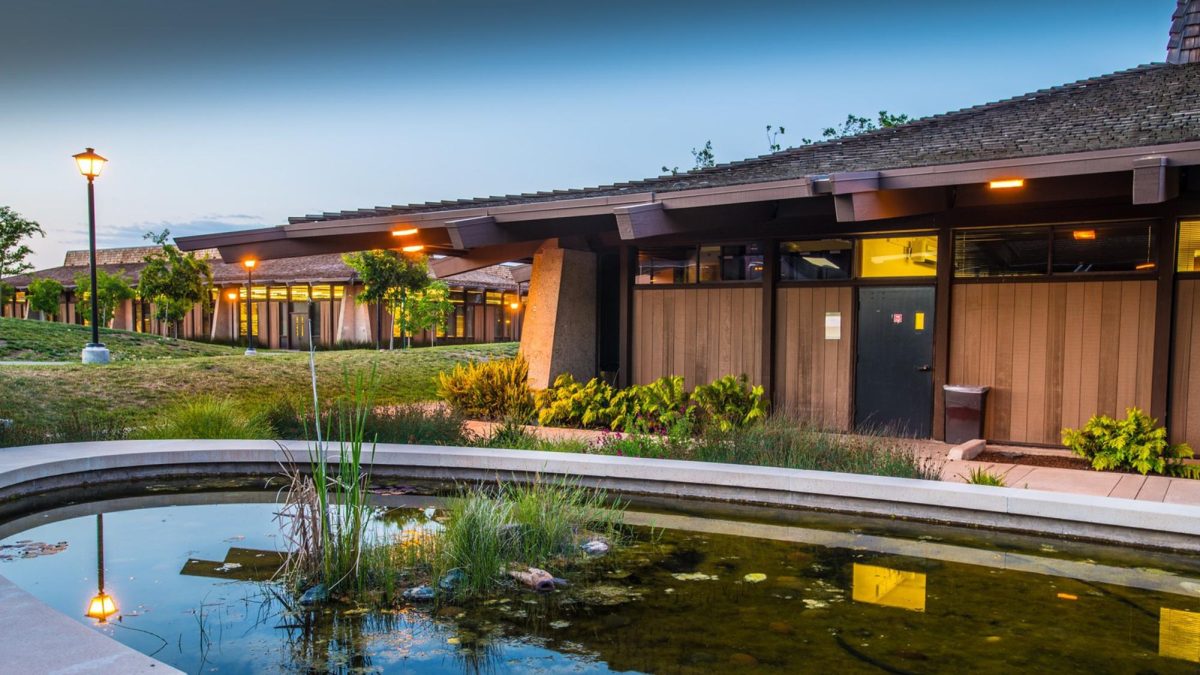





















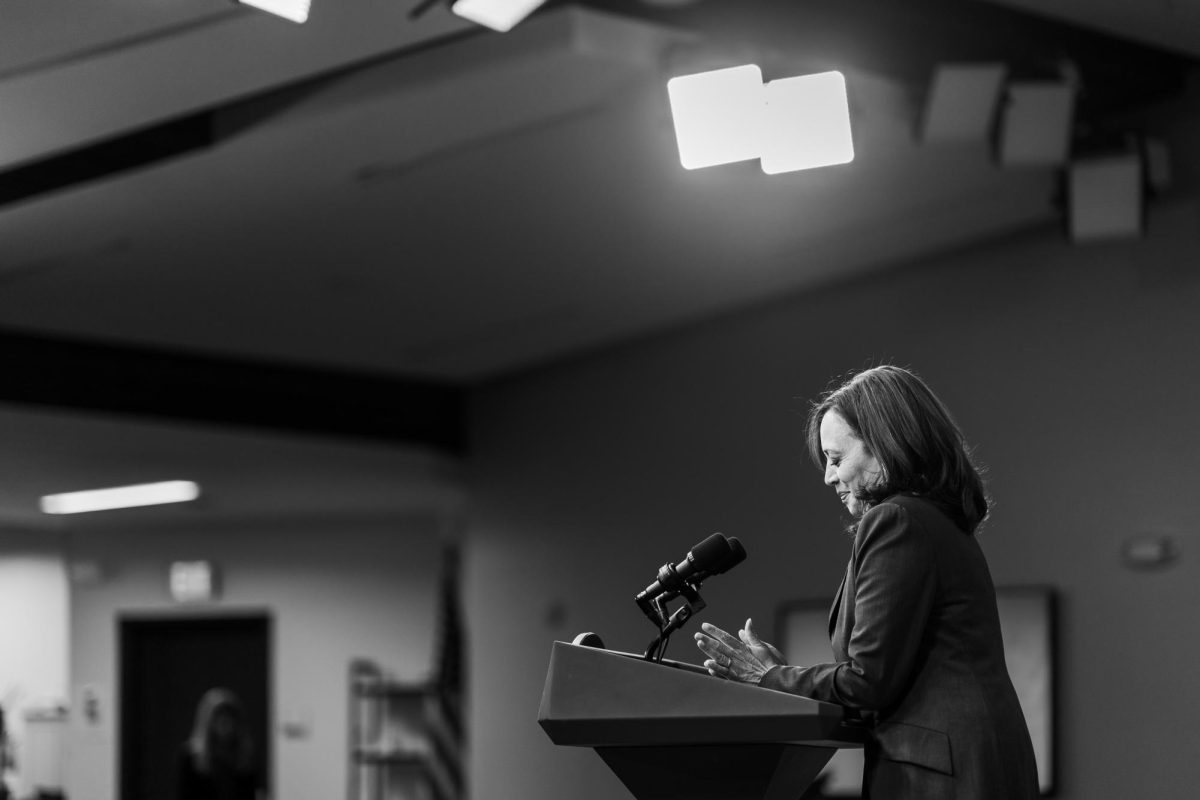










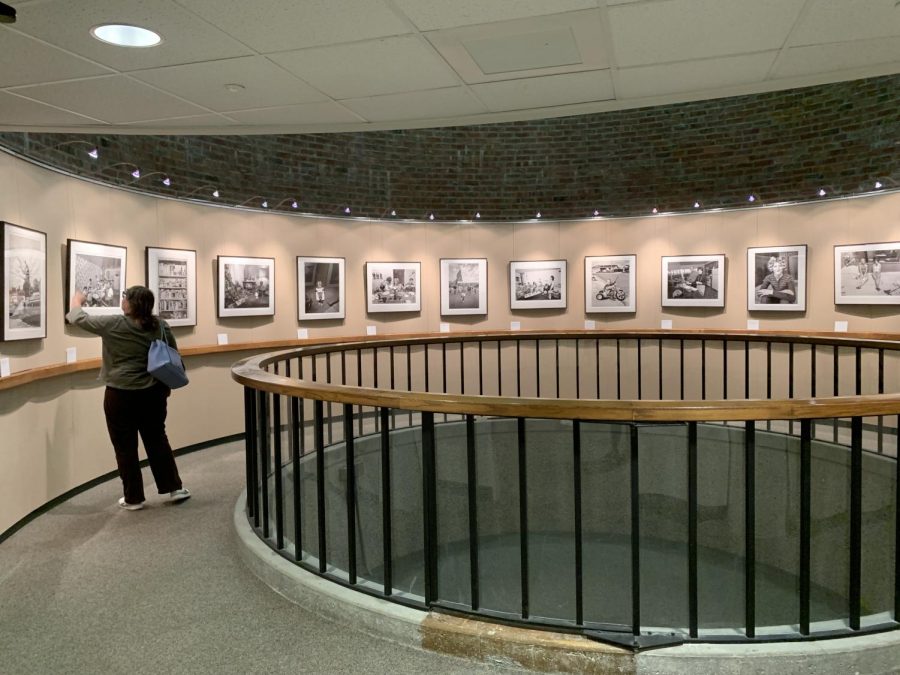
















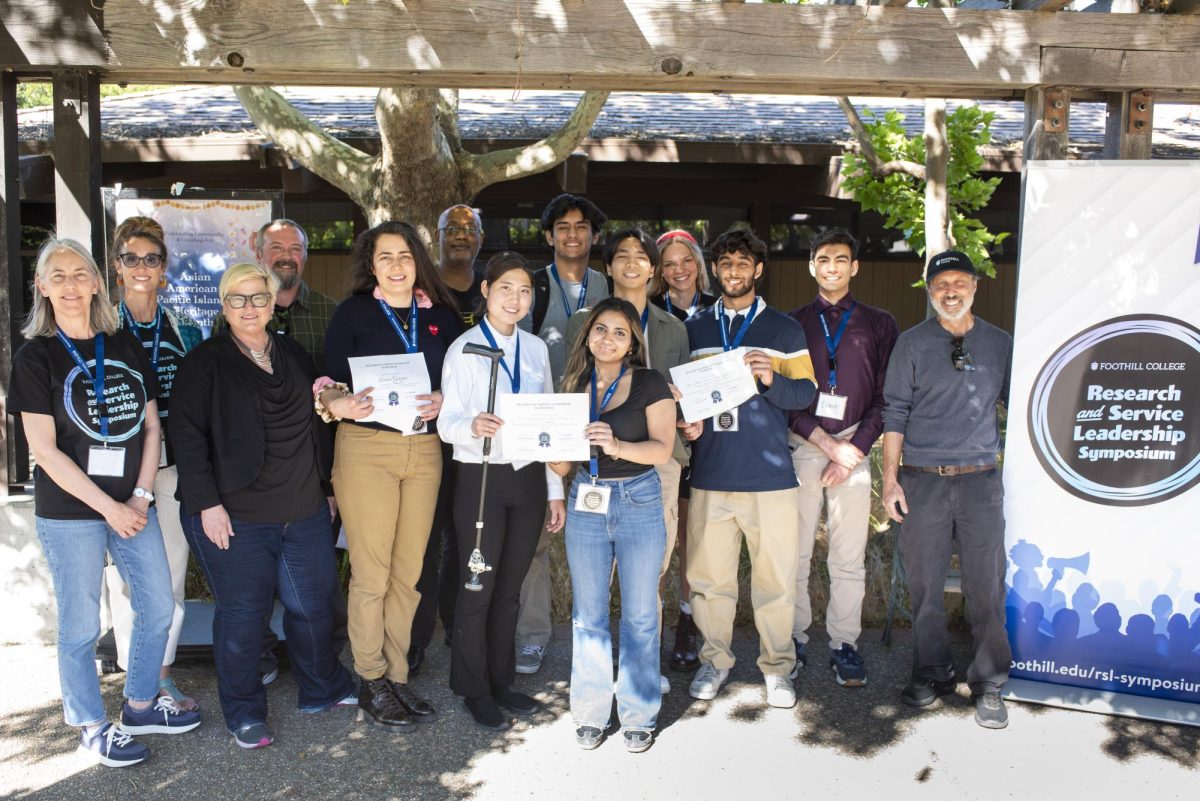































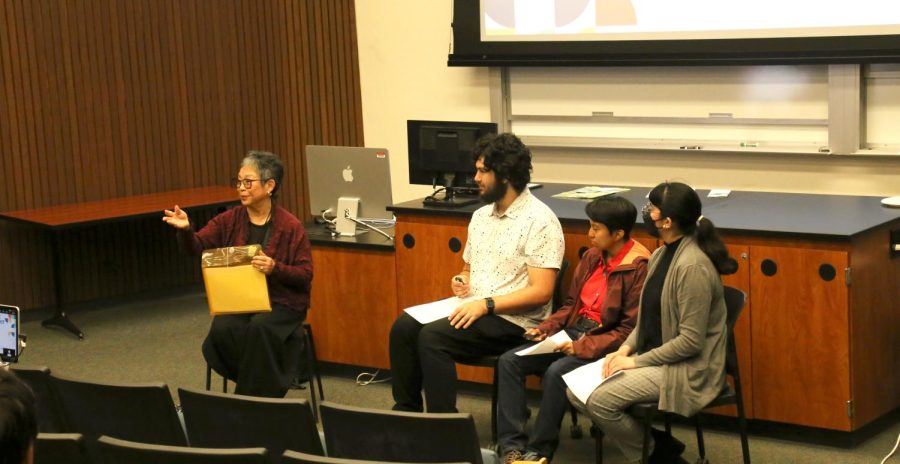
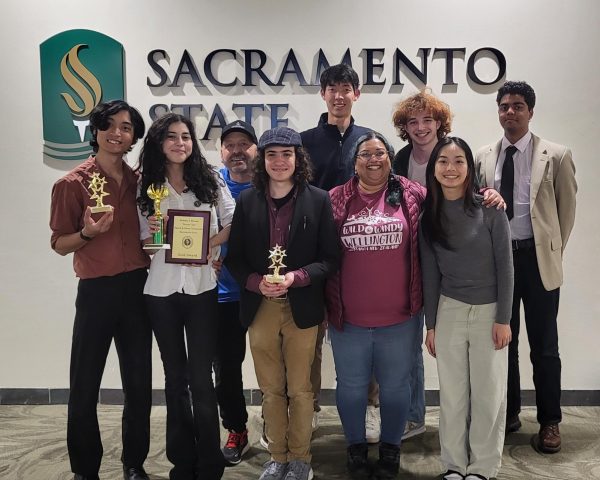

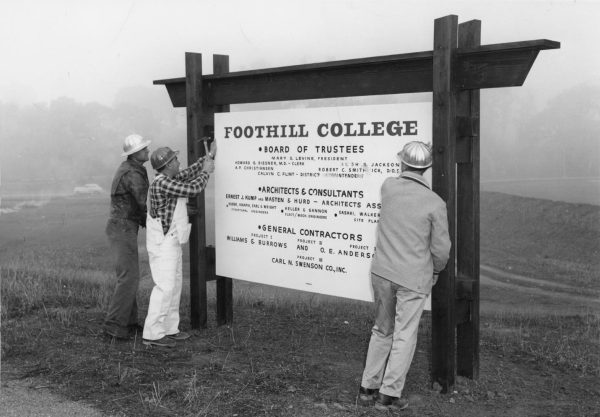
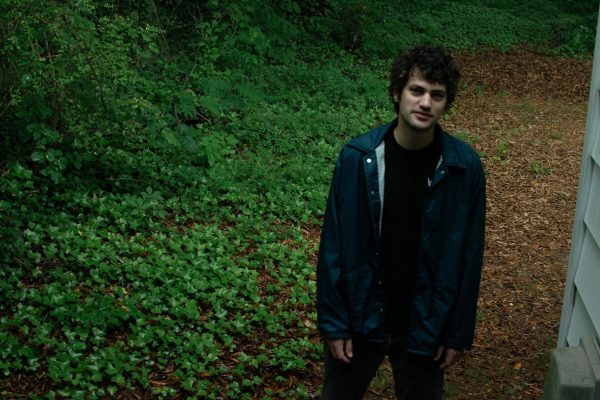
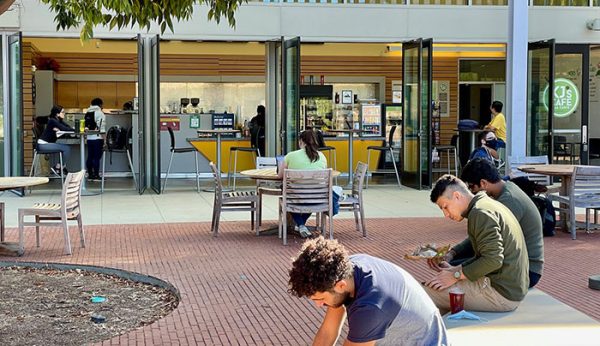
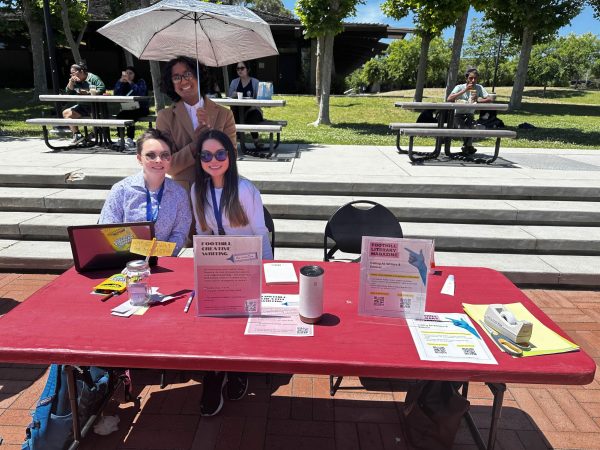

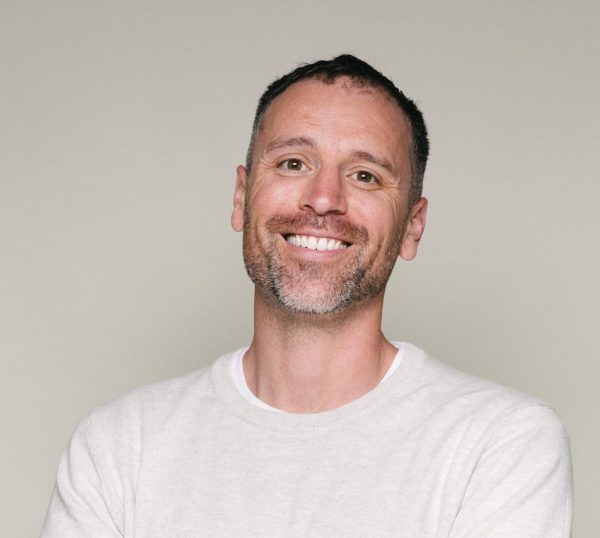
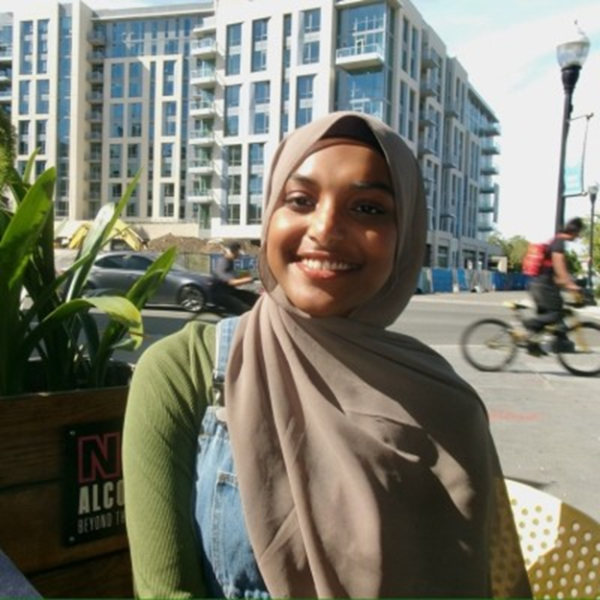
Brian Lewis
May 25, 2023 at 1:13 pm
Ethnic studies is so important for our college for so many reasons!! Let’s celebrate creating an open environment where all people can engage in learning equally!